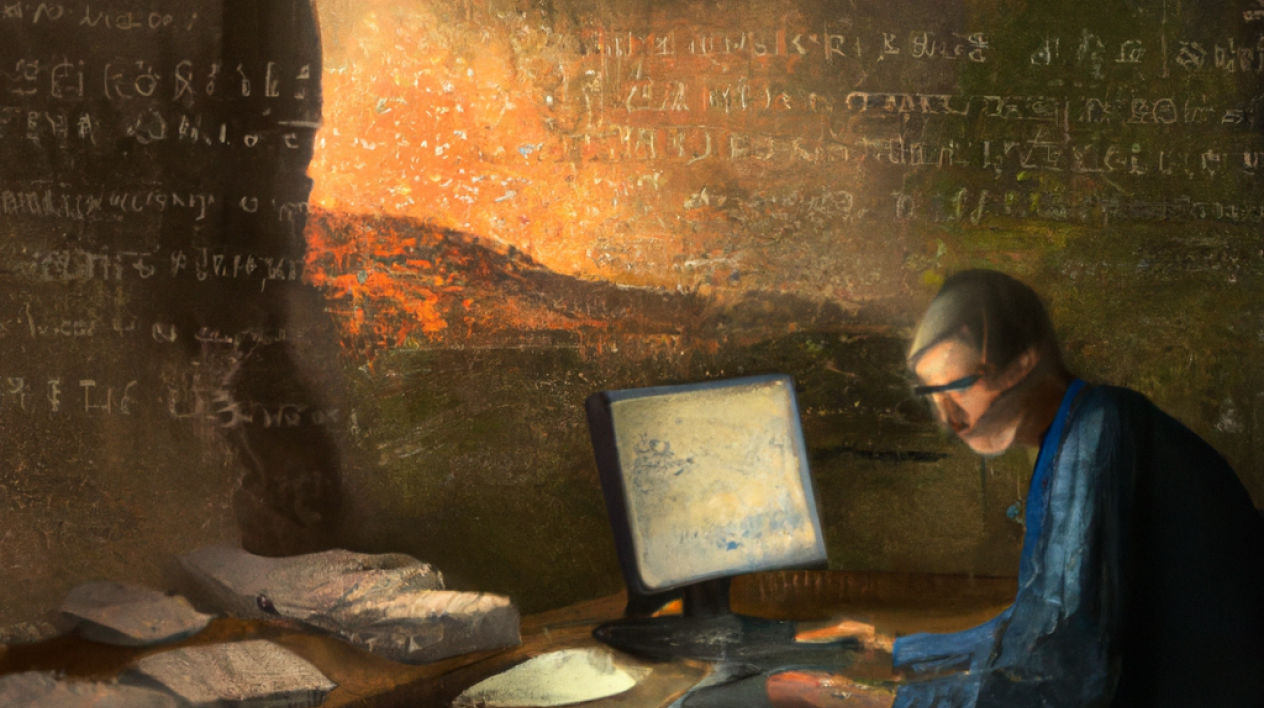
Image Credit: Amsterdam UMC
The project will be constructed on Natural Language Processing (NLP) methods that earlier supported the progressively famous ChatGPT. The unstructured nature of this data implies that software like ChatGPT might not be easily utilized in the healthcare sector. But the software itself provides plenty of opportunities.
Ensuring Privacy is Maintained
“Protecting the privacy of our patients is a top priority at Amsterdam UMC, and that isn't different when we are developing, testing, or using AI-algorithms,” states Mat Daemen, vice-dean of Research at Amsterdam UMC.
To guarantee that AI could also be utilized similarly, this project will also address problems concerning privacy by developing a new so-called “synthetic” patient record based on simulated information. Such records imitate real patient records to streamline healthcare and research while safeguarding the data of the “real” patients.
One of the main bottlenecks of doing research in healthcare is access to high-quality data to train and validate machine learning models.
Iacer Calixto, Assistant Professor, Amsterdam UMC
Calixto added, “Part of our project will generate synthetic patient records that include not only structured but also unstructured data such as free-text highlights from a consultation with a GP. These synthetic records, though not from real patients, can still be very useful to enable easier access to high-quality healthcare data for researchers and clinicians.”
Responsibly Dutch
One more protruding point for the use of AI in the Dutch health sector is a more self-evident one: language. Software like ChatGPT is constructed on language databases, and these are chiefly in English.
By constructing new models that have been trained on Dutch medical records, the project will increase the dependability of present tools as well as make them simpler to utilize for professionals on the wards or in the treatment room.
This is a brave project that will guarantee the Amsterdam UMC is one of the forces pushing innovation in healthcare with artificial intelligence and natural language processing. The outcomes obtained in this project, for example, synthetic patient records, will profit the complete Dutch healthcare ecosystem, such as other hospitals and university medical centers, states Calixto.
The liability of this AI project is not just restricted to the significant main of retaining patient privacy. Also, the project will seek to eliminate any aspects of unfairness and discrimination that might be present in existing AI models.
For Daemen, this is a necessary condition for the use of AI in Amsterdam UMC and an object that this project has at its core.
This project is an important addition to the efforts of many experts in Amsterdam UMC and in the Amsterdam region to introduce and use AI tools in a human-centered and responsible way.
Iacer Calixto, Assistant Professor, Amsterdam UMC